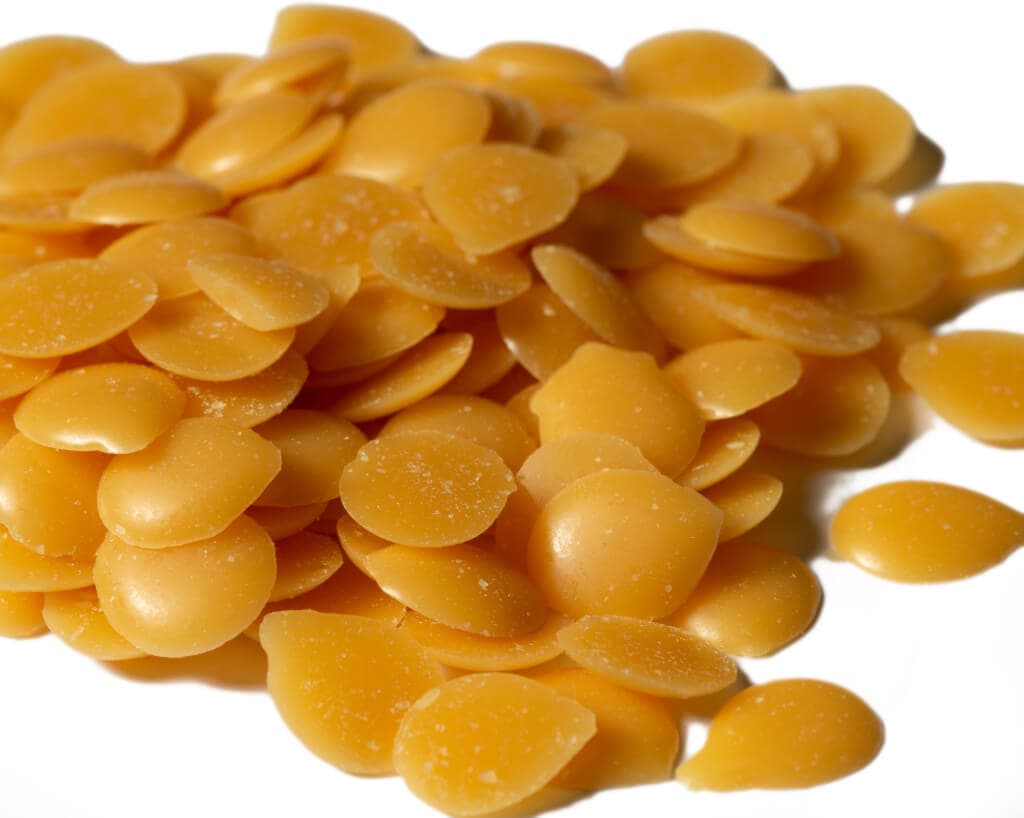From Liquid to Solid: The Value of Pastillation

Chemical products have a vast range of applications in dozens of industries including pharmaceutical, personal care, food, and industrial among others. From the initial sourcing to final packaging, there are many processes involved in creating the final products we use every day.
One such process is pastillation.
This is where bulk chemical liquid is transformed into solid, bead-like granules, or pastilles. They can be formed into specific sizes, shapes and consistencies according to customer needs. They are then often repackaged into bags or supersacks, and then prepared for storage or transport.
Why Pastillation is Important
Initially, the process transforms the bulk liquid into pastilles that are sized to meet customer requirements. But beyond that, pastillating is a cost-effective process given its large-scale capabilities. It also provides suppliers and distributors with many competitive advantages:
- Minimizes cleanup in the event of a spill
- Provides easy storage
- Simplifies repackaging
- Appeals to a wider customer base
- Improves safety
In their new, solid form, pastilles are much easier and cleaner to store and transport. This makes them particularly suitable for repackaging into different receptacles. The process also helps reduce waste, minimize labor costs and allows for simpler handling.
The Pastillation Process
Perhaps your customer has a liquid product in a drum, or a fine powder in a package. If they don’t want to go through the hassle of heating the drum to pump the liquid out, or deal with a dusty and hazardous environment, then pastillation is the right option.
The bulk material is pumped or transferred to advanced, heavy-duty machines like a rotoformer that heats and rotates the product to form uniformly solid, stable pastilles. They are then moved to a cooling belt for mixing and storage. The process eliminates the need for additional downstream equipment for grinding or other processes.
Another key consideration for the pastillating process is how much it affects the shelf life of the material. Here at Cremer, our process is such that the product volatility and stability remain strong. This means that once the pastilles are formed, they are easy to repack, dissolve or mix. This is a valuable benefit that gives a lot of flexibility to satisfy our customers’ needs.
To learn more about pastillation and our other services, visit cremerna.com/services.
Got questions? Need more information? Talk with a Cremer North America expert right here.